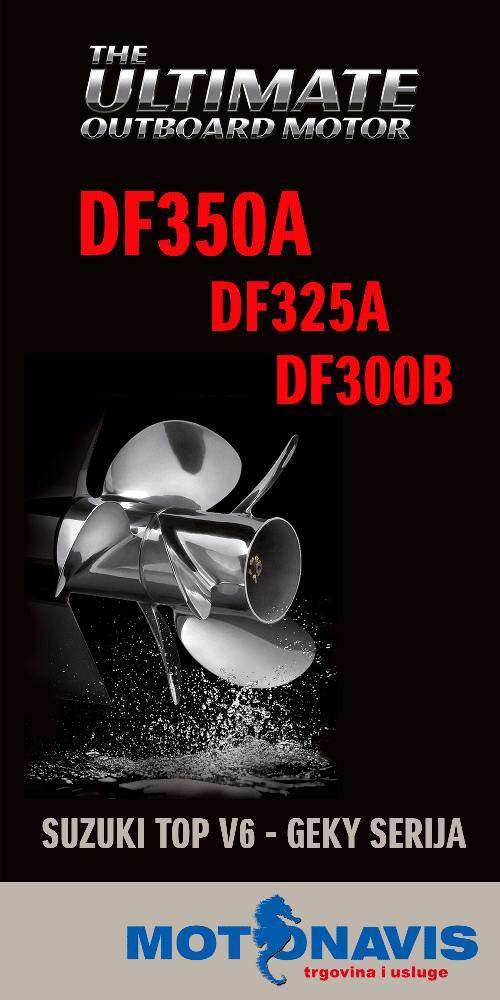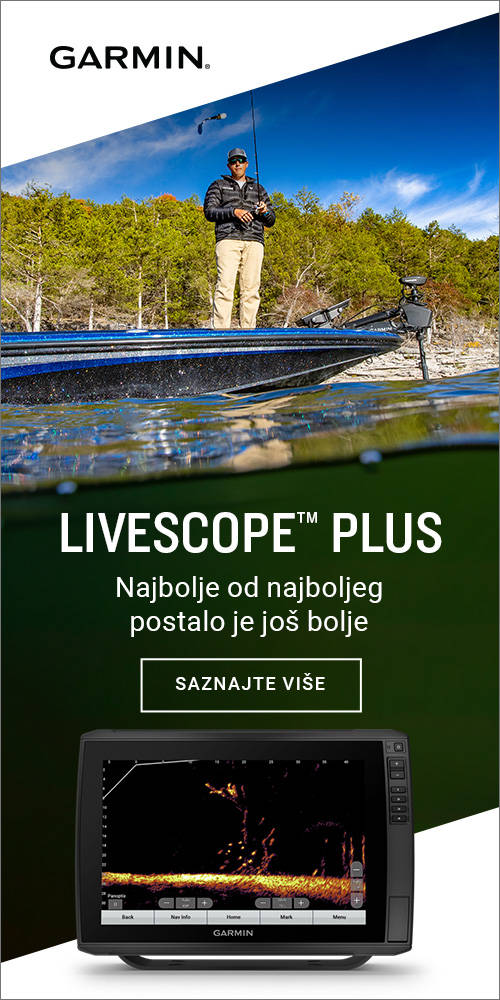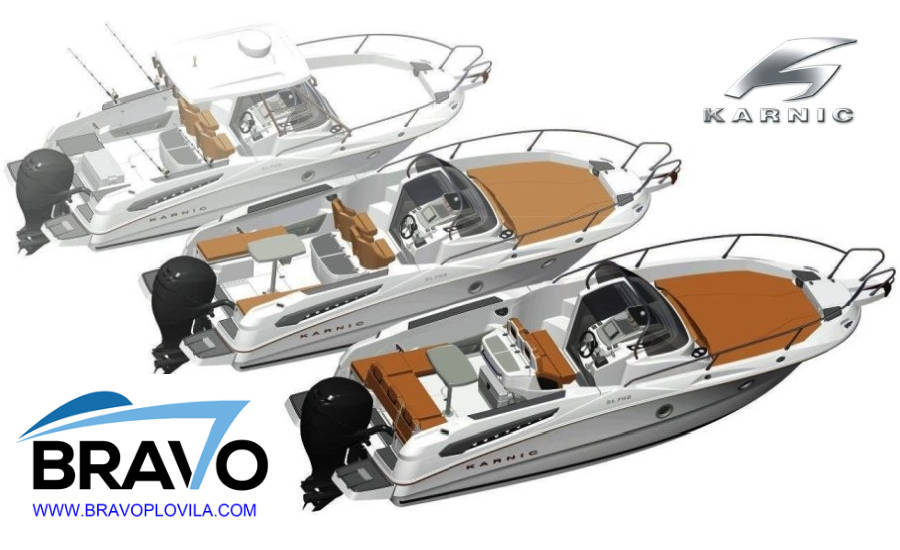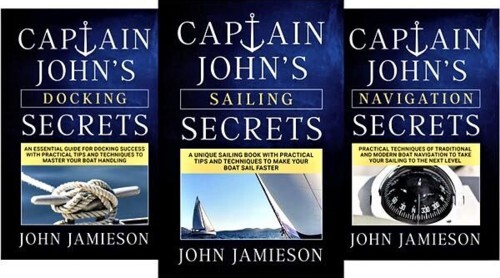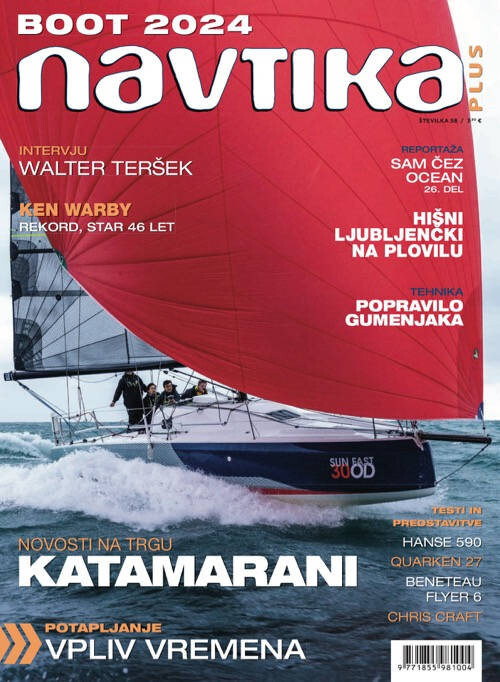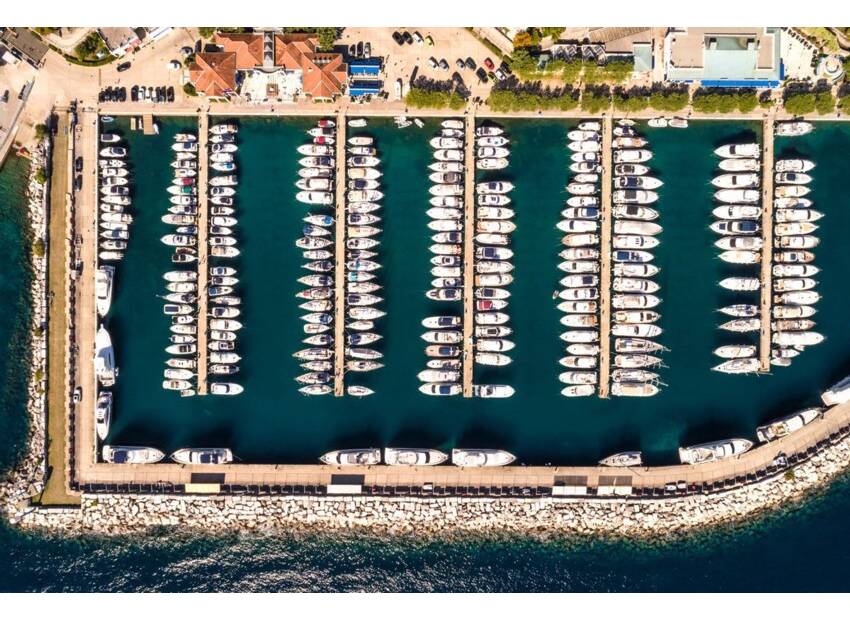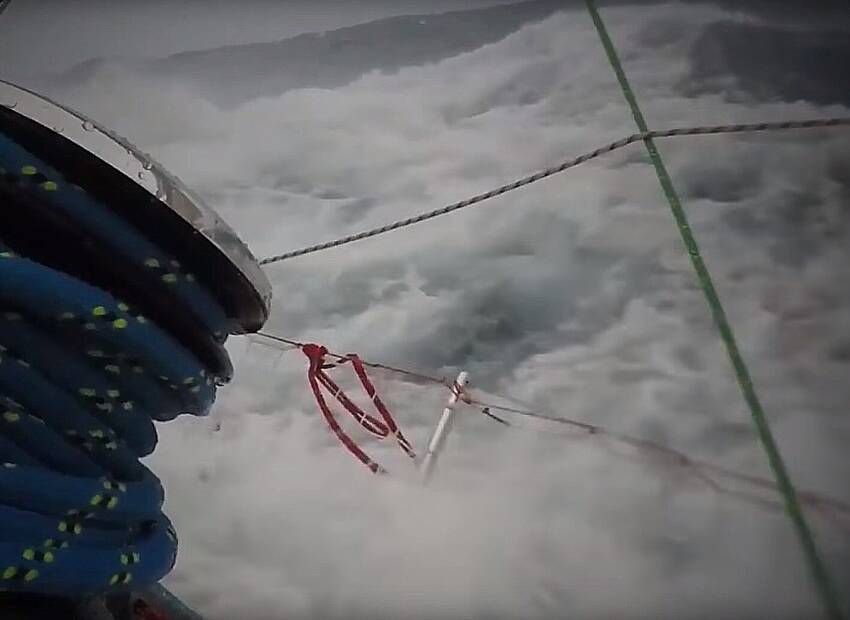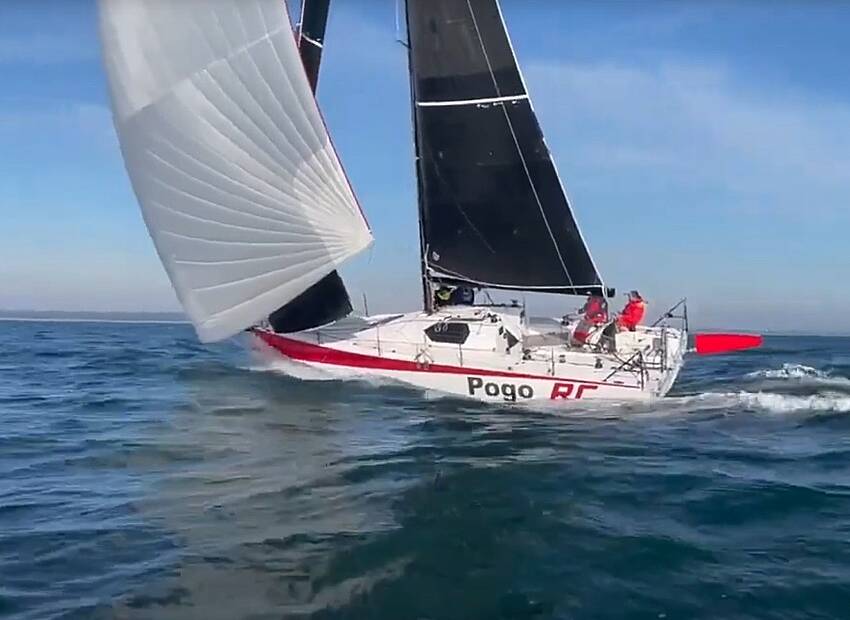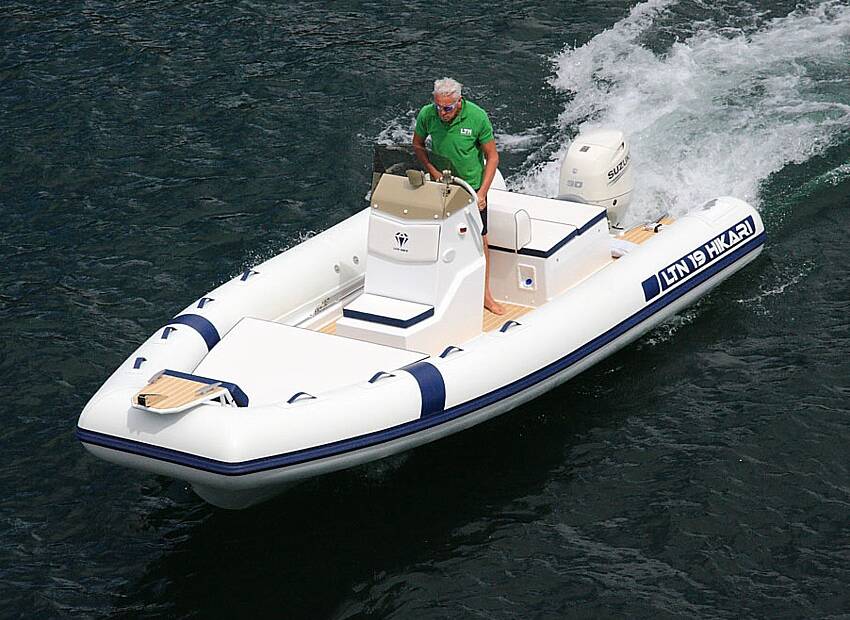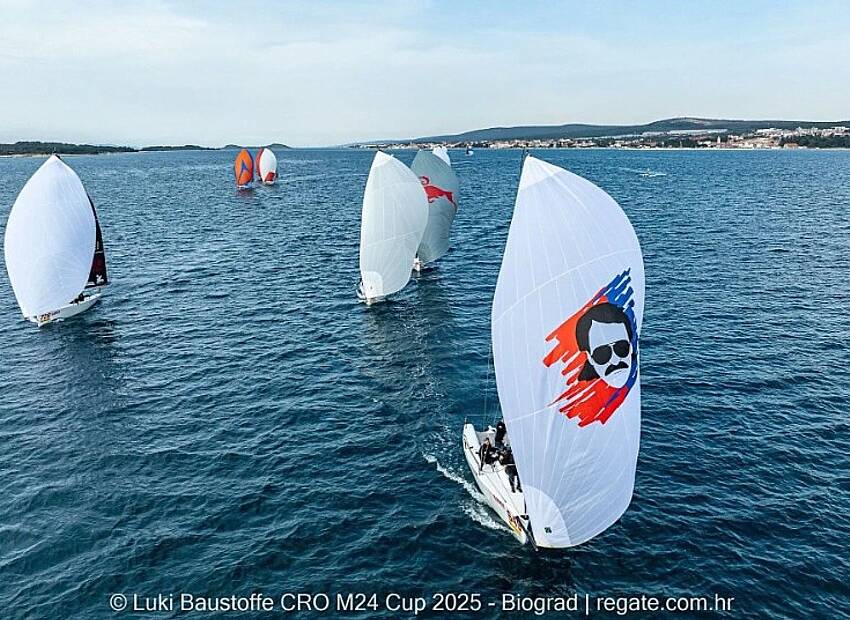If you've ever been out on a boat at night, you have to admit there definitely can be something special about it...especially if you're cruising slowly down a quiet lake. Like the old postcard image below depicts, it's an image full of romanticism and mystery; even today, I can remember coming home to our vacation cabin in northern Michigan at night on my dad's rented fishing boat. You watched the old houses and cabins pass by along the shore and wondered what people were doing inside...saw flickering campfires near the docks...occasionally hearing screen doors smacking shut, off in the distance.
Of course, we were just puttering down the lake at about 5 miles per hour, and I'm sure that made a big difference. I'm sure the location did too - for cruising home on a calm lake at night is much different than making your way down a busy ocean bay or river at night, with more traffic--including larger boats, commercial shipping and barges, bridges to dodge and any number of other hidden hazards. Whatever you're in or wherever you boat, it's clear than night boating is a different animal, and requires a much more measured and careful approach than typical daytime boating.
The Day After
You've all seen them - and they tend to stick in our minds because they look so strange: the news photos of powerful boats high up on the rocks, or planted somewhere in the woods onshore after a boater got careless at night. We all look and wonder - how in the hell did they do that?

Often, the first thought goes to drinking, and that's not a surprise; it is the cause of many boating accidents. and the ones where it plays a role often get the most notoriety. But it's often just plain carelessness, disregard for the dangers at hand, or failure to understand how the darkness can play tricks on our vision that result in tragedy.
This came to mind with an accident I read about within the last week. A guy puts his 30' offshore boat onto the rocks with fatal results to him, but thankfully not his two passengers. One passenger claims he had not been drinking, but the post-mortem blood alcohol results say he was past the legal limit. The same passenger also said the driver had removed his contact lenses, and was having trouble with his vision. To further add to this recipe for disaster, the authorities estimated that the boat was traveling at approximately 65 mph when it hit some "rip-rap" - the rocks that are often pushed up around piers and bridge pilings to help combat erosion. Again, one of the passengers says the boat was only going 35 mph. I say: Does it matter?
35 mph is plenty fast enough to get you killed. A lot of boaters I've talked to refuse to even get their boat up on plane at night; they slow speeds so they can hear and react to what they can see--because at night, there are a lot of things you can't.

Aside from not drinking, and traveling at a speed that makes sense, there are some basic precautions you can take to ensure that the fun night you had out on the water is not your last.
LIGHTS - Make sure your night navigation lights are working - and are positioned where they should be. Honestly, a lot of sport boats make lighting an afterthought, and they are sometimes positioned in places where they can hardly bee seen. Also, make sure you have a powerful flashlight or spot available; if something (or someone) goes overboard, they won't be flailing in the dark while you're searching. Lights also need to be positioned where you won't have to look at them; gazing at a light - even briefly - can ruin your night vision for a moment, and that could be costly.
NAVIGATION - Of course, you can't always be in waters you know, so it's important to have some idea of where you are going. Plan your route carefully. If you have a local friend that knows the area, have them along. Use your depth finder...as they say, the closest land is probably under your boat, so chart depths may be more valuable than sight markers at night in some cases.
EYES ON - Scan ahead carefully and always keep your eyes UP. Don't look down into or across the water without checking above the horizon, since the nav lights from sailboats and large ships will be up very high, often being on a mast. Above all, if you have passengers, use the most experienced as a lookout.
GENERAL SAFETY - Make sure your passengers are sitting down in their seats. Night time is no time for crawling around the sunpad, hanging over the side, or dancing on the deck - unless you're tied up at the dock.
Boating at night can be fun and memorable. But you have to respect the dark. It plays tricks on our eyes, makes navigation markers harder to see, distances more difficult to measure, and reaction times slower. What's more - it's doing the same thing to everyone else out on the water.
While these night time accidents are tragic, and our hearts go out to the people who have lost loved ones because of them, they are important learning lessons for all boaters. Better to use common sense and appropriate care than to fly off into the night and learn the hard way.





